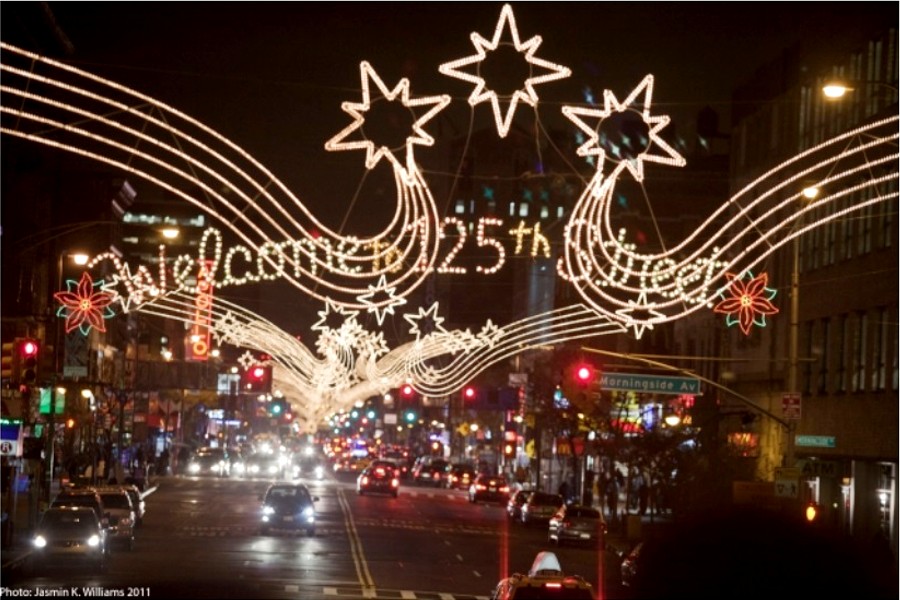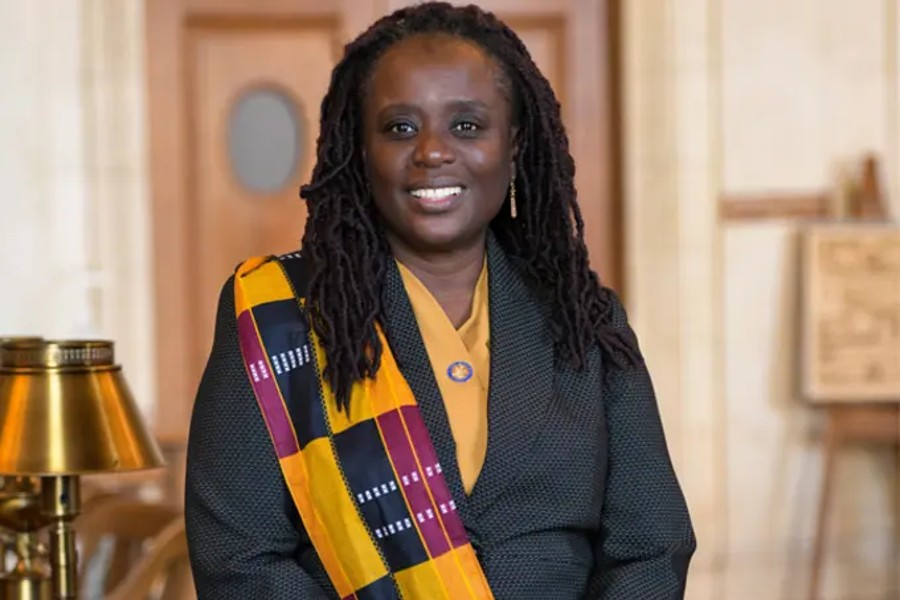
One of the Harlem-based African Diaspora International Film Festival (ADIFF) co-founders Diarah N’Daw-Spech talks about their 30th anniversary with Harlem World Magazine.
The ADIFF was founded by Dr. Reinaldo Barroso-Spech and Diarah N’Daw-Spech in 1992.
The interview took place just before the opening of the festival when we caught up with Diarah N’Daw-Spech to ask her a few questions about the anniversary:
Harlem World Magazine: Who’s idea was it to create the African Diaspora International Film Festival (ADIFF) 30th years ago?
Diarah N’Daw-Spech: We were both exposed to international films individually in France and Cuba. Later on, when we met, we would go to festivals and movie theaters in Paris, New York, and any country we would travel to together.
We then realized there was a deficit in international offerings in movie theaters in NYC and we started to talk about opening an independent theater in Manhattan. That never materialized as we never got the funding for that.
Reinaldo’s experience in teaching Spanish and French in private and public institutions in Manhattan was at the origin of the festival. He used films in the classroom and realized how students could learn as they were exposed to audiovisual content. We wanted a festival with an inclusive editorial line. For us, that meant a wide selection of films about people of African descent all over the world. The festival became an international event from the very beginning and that was a challenge.
HWM: What are some of the highlights of the 30th Annual African Diaspora International Film Festival?
DNS: The Moments of Reflection Series: This is a series of panel discussions and talks about different topics. That includes a Master Class with Byron Hurt, the director of Hazing and a panel discussion with Afro-European Actors.
With the screening at Baruch College, we’ll be able to reach a different Higher Education audience. Our work at Teachers College, Columbia University has been and still is a very positive collaboration. So we hope to repeat this experience, this time in a public institution of Higher Education.
The Afro-Latino film selection: People of African descent seldom appear in Latin-American films. We have a selection this year that tells stories from Cuba, Colombia, Brazil, Ecuador, Haiti, and more. All the films put front and center people of African descent in Latin America.
These are just some of the highlights.
HWM: Happy birthday, what is the key to your success?
DNS: Hard work, dedication, and a very deep motivation to accept the challenge of learning.
HWM: Where do you find inspiration for the films you select for the festival?
DNS: Afrocentric films are everywhere and have been around for quite some time. The United States film industry is a very good example of that. Internationally speaking, the past 30 years have experienced an explosion of Afrocentric films in many ways, In Africa, In Latin-America, and the Caribbean, in the UK, for example, the Black British Movement marked the culture of that nation. So the challenge is to find creative, intelligent thought-provoking content. We have learned that a film can have a good reception in FESPACO, one of the major African film festivals on the continent of Africa, but the same film in the US market does not get a similar reception. So that limits the motivation to take a risk with any specific content.
HWM: Have any best hacks for the festival, like when is the best time to start buying tickets?
DNS: Right now, tickets are available @ www.nyadiff.org Readers will also be able to purchase tickets on-site on the day of the screening only.
HWM: How can listeners get all the information they need to have a great time at the festival (url, e-mail, website, address, etc.,)?
DNS: Yes, also on nyadiff.org. Where readers can sign up to receive our newsletter from that website and follow us on social media @NYADIFF for Facebook and Twitter and @NY_ADIFF for Instagram.
HWM: Thanks,
DNS: Thank you.

Photo credit: Diarah N’Daw-Spech, ADIFF.
Become a Harlem Insider!
By submitting this form, you are consenting to receive marketing emails from: . You can revoke your consent to receive emails at any time by using the SafeUnsubscribe® link, found at the bottom of every email. Emails are serviced by Constant Contact








